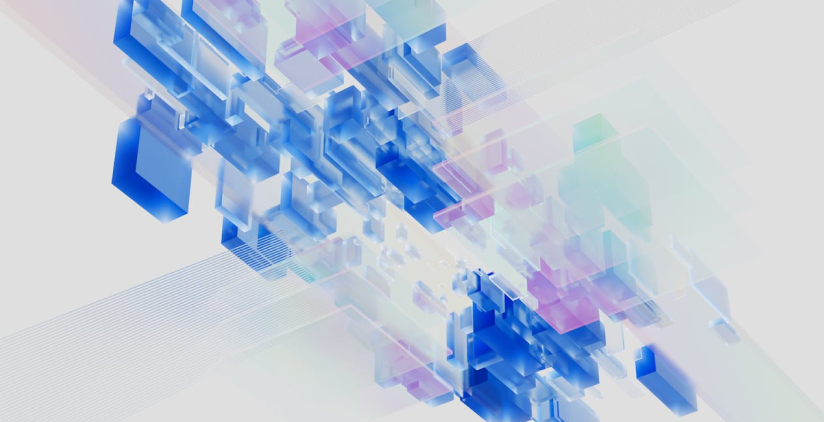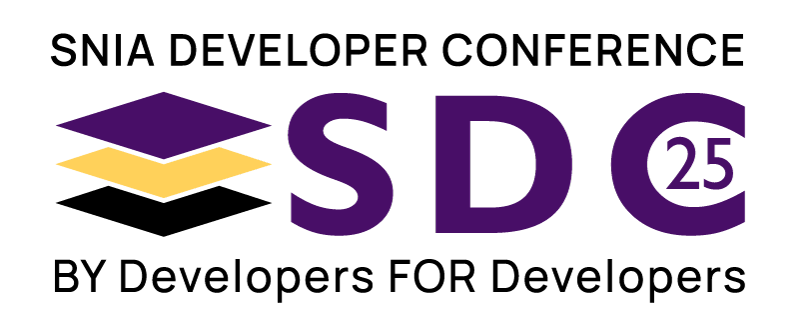
OFA Sunfish: New Applications for Distributed Storage with SNIA Swordfish®

Lafayette
Wed Sep 17 | 5:00pm
Abstract
Learning Objectives
Learn what’s new with OFA Sunfish development, including expansion of its scope to encompass management of scalable fabric attached storage resources with SNIA Swordfish Learn how Sunfish plays a role in helping the industry overcome the challenges of running composable disaggregated infrastructure Receive a demonstration of how a Sunfish Agent interacts with a SNIA Swordfish endpoint to configure and provision remote storage resources to applications

Related Sessions
OFA Sunfish: New Applications for Distributed Storage with SNIA Swordfish®
The OpenFabrics Alliance (OFA), together with its partners, DMTF, SNIA, and the CXL Consortium, are continuing development of Sunfish, an open-source composable computing system framework, to provide a unified set of tools to control and monitor both computing resources and multiple network fabric types. The Sunfish workgroup has demonstrated management of disaggregated memory systems based on CXL and compute accelerators such as GPUs. We are now expanding our scope to encompass the management of scalable fabric attached storage resources with SNIA Swordfish®. In this presentation, we will update on the activities around support for distributed storage and demonstrate a Sunfish Agent that interacts with a SNIA Swordfish endpoint to configure and provision remote storage resources to applications.
The Latest Features in DMTF Redfish® for Storage Management
DMTF Redfish® is a fully featured management ecosystem for server management, but what about storage? Isn’t that SNIA Swordfish®? While Swordfish provides storage-centric functionality, it leverages its base functionality from Redfish. This comprehensive presentation will explore how storage users and implementers can take advantage of the latest features in Redfish directly, including:
* The latest fabric extensions, including support for CXL, supporting Swordfish and Sunfish
* Metric changes for streaming telemetry
What’s New with SNIA Swordfish®: Standards-Based Storage Management for Enterprise and Data Center
Want a deeper look into what’s new in standards-based storage management? Join us for an overview of the latest enhancements and new functionality in SNIA Swordfish® and how it works together with DMTF Redfish® to provide a unified approach for the management of storage and servers in AI, hyperscale and cloud environments. With the broad functionality base in Redfish and Swordfish today, there are now many capabilities available that may not be obvious at first glance. The session will highlight a couple of example use cases of new functionality, including:
- An introduction to the Swordfish DNA Storage Model, including a live demo
- The latest in NVMe Manageability
Join this session to learn how to get started with Swordfish.




